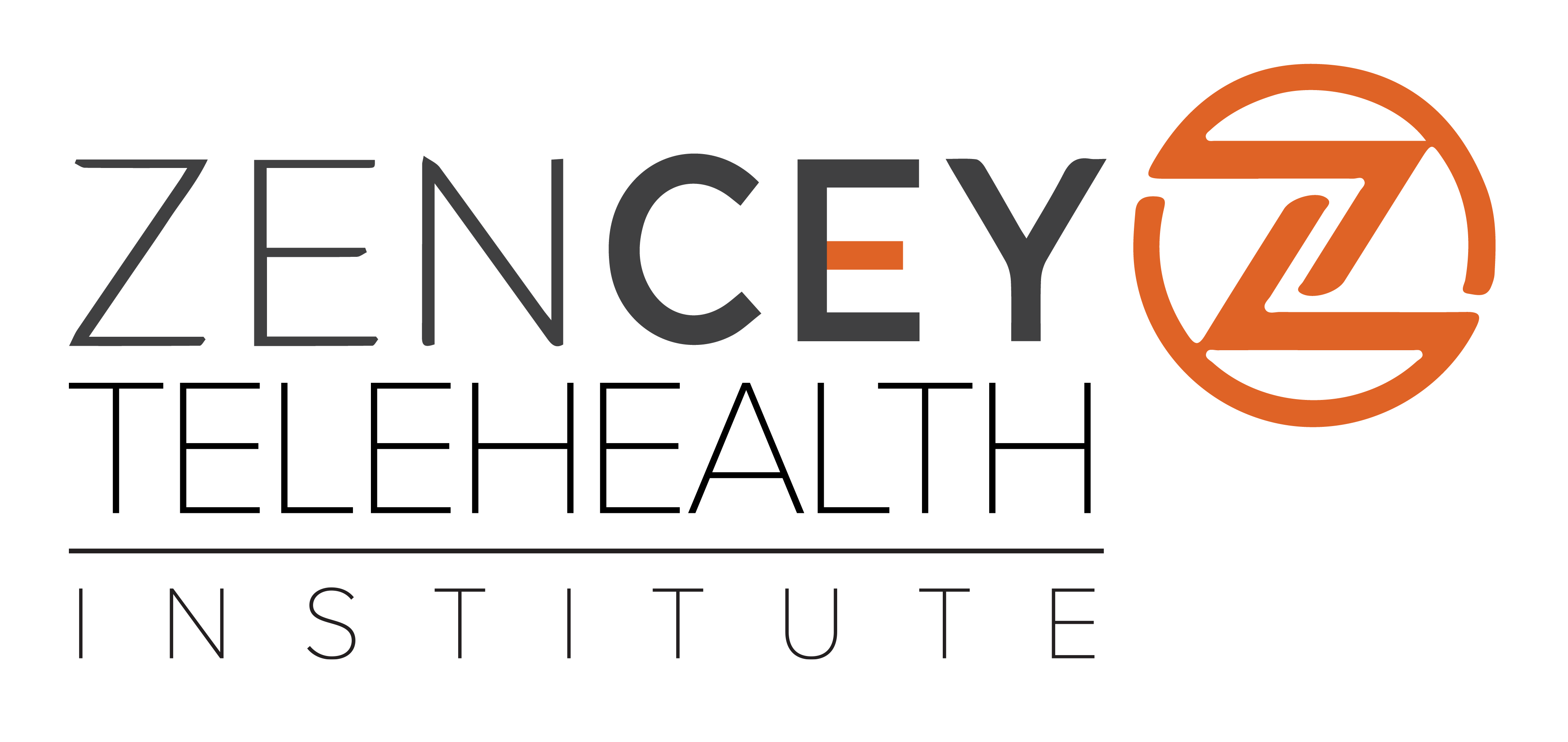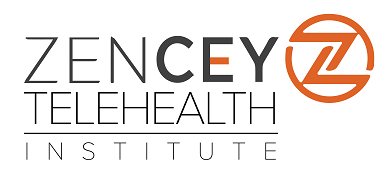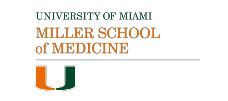Virtual care delivery is an essential skill for all healthcare providers.
Telehealth is one of the fastest growing areas within healthcare, poised to change how patients access care and how doctors deliver it. As Telehealth expands globally and is adopted by more governments, ministries, hospitals and clinics, there is an emerging need for trained healthcare professionals who will deliver virtual care. At the ZENCEY Telehealth Institute, we’ve partnered with US medical schools, physicians and Telehealth experts to educate healthcare professionals from the fundamentals to the most advanced applications of Telehealth technology.
TELEHEALTH COURSES FOR ALL LEVELS OF HEALTHCARE PROFESSIONALS
Online professional telehealth courses and traning

NURSING & MEDICAL STUDENTS
Telehealth courses and training programs designed for medical and nursing students

INTERNATIONAL MEDICAL GRADUATES
Telehealth courses and rotations offered at accredited US Medical Schools and Hospitals

PRACTICING PHYSICIANS & NURSES
Advanced telehealth courses and training in select medical specialties with US colleagues

GLOBAL HOSPITAL & CLINIC ADMINISTRATORS
Courses that teach how telehealth technology can assist in the management of clinical care.
ONLINE LEARNING
GET IT DONE 100% ONLINE
Our programs are expressly designed to fit the lives of busy professionals like you.
USA TEACHING FACULTY
Training provided by telehealth experts and physicians.
ENHANCE YOUR SKILLSET
Earn recognition from accredited US medical schools that will set you apart.
It’s hard to imagine a future in which telemedicine isn’t a growing part of how we deliver care. Understanding the new skills clinicians will need - and how to best train them to use those skills - is essential to providing high-quality care and meeting the needs of tomorrows patients. - Dr. Scott Shipman, Association of American Medical Colleges
TELEHEALTH COURSES
-
Telehealth: Fundamentals Course
-
Telehealth: Virtual Rotations
-
Didactic Lectures
-
Grand Rounds (Coming Soon)

COURSE BENEFITS
STRUCTURED FLEXIBILITY
Learn on your schedule without leaving school or your job.
PROVEN MODEL
Participate in small, personalized classes designed for the best possible learning experience.
JUST IN-TIME LEARNING
Learn concepts and best practices that you can apply to your specialty.
EXPERT ENGAGEMENT
Enjoy authentic interaction and meaningful feedback from US physicians.
GLOBAL NETWORK
Join rich discussions with colleagues from across the world.
ADVISOR SUPPORT
Access an advisor team dedicated to your success every step of the way.
TEACHING FACULTY CREDENTIALS
A national network of board certified physicians with a passion for teaching
ZENCEY Telehealth Institute education programs represents a network and surgeons of over 150 world-class physicians, surgeons and researchers who are proud to serve as a diverse, inclusive, collaborative and collegial community of educators and mentors to medical students and post graduate physicians. Students will gain experience as they learn and train with select faculty with prestigious academic medicine backgrounds from institutions such as UCSF, Stanford, Johns Hopkins, University of Miami and Harvard.
AMERICAN MEDICAL BOARD SUPPORT
“The Infectious Diseases Society of America (IDSA) strongly supports the appropriate and evidence-based use of telehealth and telemedicine technologies to provide up-to-date, timely, cost effective subspecialty care to resource limited populations and to provide continuing education and longitudinal support to ID providers.”
Infectious Diseases Society of America
“The Academy supports the appropriate use of telemedicine as a means of improving access to the expertise of Board certified dermatologist to provide high-quality, high-value care. Telemedicine can also serve to improve patient care coordination and communication between other specialties and dermatology.”
American Academy of Dermatology
“The expanding role of technology in the provision of psychological services and the continuous development of new technologies that may be useful in the practice of psychology present unique opportunities, considerations and challenges to practice.”
American Psychological Association
“Video-based telepsychiatry helps meet patients’ needs for convenient, affordable and readily-accessible mental health services.”
American Psychiatric Association
“Telemedicine technology has the potential to transform health care delivery and address many care coordination challenges facing the U.S. healthcare system. It can facilitate remote, mobile and site-to-site medical care. Telemedicine, a key innovation in support of health care delivery reform, is being used in initiatives to improve access to care, care coordination and quality and when properly used has the potential to reduce the rate of growth in health care spending.”
American Medical Association
“Telemedicine technologies can be used to efficiently provide pediatric physicians working in remote locations with ongoing medical education, increasing their ability to care for more complex patients in their community, reducing the burdens of travel on patients and families, and supporting the medical home.”
American Academy of Pediatrics
“ACP supports the expanded role of telemedicine as a method of health care delivery that may enhance patient–physician collaborations, improve health outcomes, increase access to care and members of a patient’s health care team, and reduce medical costs when used as a component of a patient’s longitudinal care.”
American College of Physicians
“The AAFP supports expanded use of telehealth and telemedicine as an appropriate and efficient means of improving health.”
American Academy of Family Physicians












